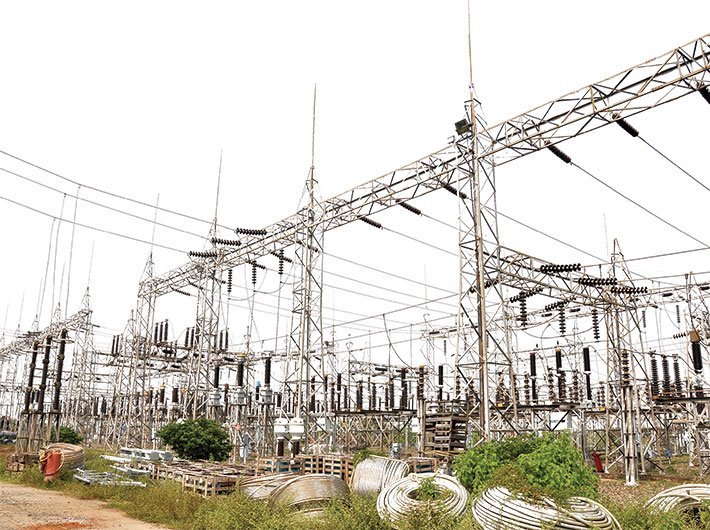Power minister reviews situation; asks power companies to ensure against load-shedding
The union power ministry has devised a multi-pronged strategy to ensure adequate availability of power during the upcoming summer months. Power minister R.K. Singh chaired a review meeting on Tuesday with senior officers from power sector as well as the ministries of Coal and Railways. They had detailed discussions on various aspects to meet the high electricity demand in the upcoming months, especially during April and May.
As part of the strategy, the power utilities have been directed to undertake maintenance for coal-based power plants well in advance so that no planned maintenance is required during the crunch period. Directions have already been issued under section-11 to all imported coal-based plants to run at full capacity from March 16. Adequate coal stocks would be made available at the coal-based power plants. During the meeting, the member, Railway Board, assured availability of enough rakes for transport of coal. The railways ministry agreed to provide 418 rakes to different subsidiaries of CIL, GSS and captive blocks and also enhance the number of rakes in due course so that sufficient coal stock can be maintained at power plants.
Gas-based power would be used to meet any peak demand. The power ministry has directed NTPC to run its 5000 MW gas-based power stations during the crunch period in April-May. In addition, 4000 MW of additional gas-based power capacity would be added by other entities for availability during the summer months. GAIL has already assured the ministry of the necessary supply of gas during the summer months. All the hydro plants have been instructed to operate in consultation with regional/state load dispatch centres (RLDCs/ SLDCs) to optimize water utilization in the current month for better availability during the next month. An additional capacity of 2920 MW would be available through new coal-based plants which would be commissioned by the end of this month. In addition, after direction from the Ministry, two units at Barauni (2X110MW) will be made available during crunch period.
During the meeting, the power minister asked power companies to ensure that there is no load-shedding during the summer months. Singh asked all stakeholders to closely monitor the situation and take proactive actions to meet the electricity demand during the coming months. The minister also asked CEA to ensure that a fair and transparent mechanism is devised for allocation of coal to various states/UTs.
As per estimates of the Central Electricity Authority, the peak electricity demand is expected to be 229GW during the month of April, when the electricity demand is highest in the country. The demand then tapers off as monsoon season picks up from the southern part of the country and covers the whole country over the next three-four months. With GDP growing at close to 7%, the power demand has been growing in the country at close to 10% per annum. As per estimates, the energy demand is expected to be 1,42,097 MU during April, highest in the year 2023 before reducing to 1.41,464 MU in May’23 and further declining continuously to 1,17,049 MU during November.
